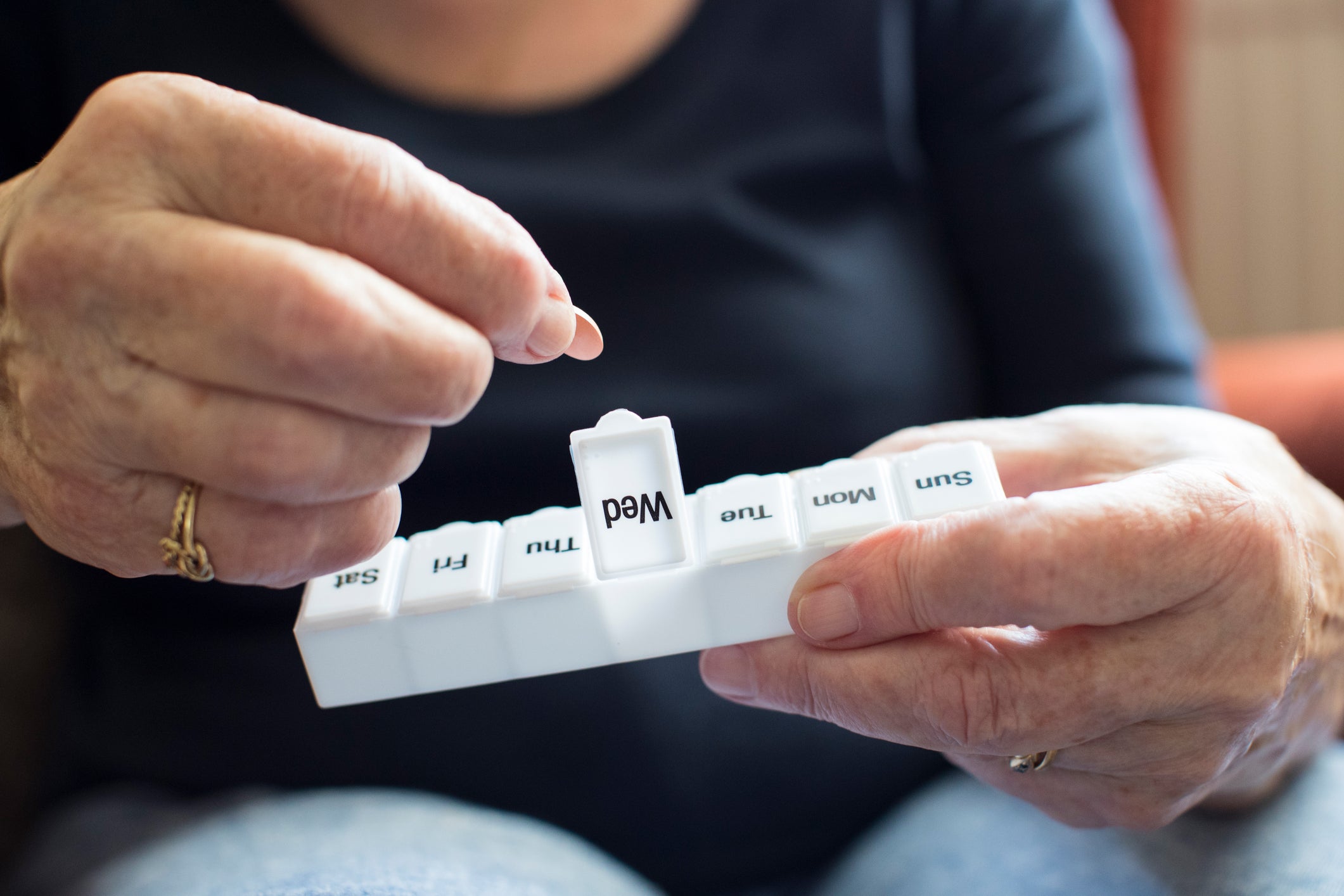
This October is the 33rd annual Talk About Your Medicines Month, encouraging a nationwide conversation about medication and the role it plays in our society today. We spoke with Dr. Lisa King from Utica Park Clinic about her tips to best manage medication, how to monitor medication as a caregiver and why it is so important to communicate with your doctor about the medications you are prescribed.
Dr. King shares her tips for how to best manage medication, noting that first and foremost, you want to keep all of your medicines away from where they can be accessed by children. She adds, “if you have any controlled substances, those need to be locked up., Ask your doctor to include the following information on each medicine bottle label: dosage, frequency and purpose. For example, instead of saying ‘take one daily’, it can say ‘take one by mouth daily for high blood pressure’. This will help you and your family understand what medicines you’re taking and will help clarify what you are taking each medicine for.”
When preparing for a doctor’s appointment, Dr. King shares, “take all of your medicines in their original bottles with you. Present them to the person putting you in the room so they can make sure that their records match what you’re taking. This includes your vitamins and supplements.” She also says that creating a list of your medicines, vitamins, supplements and drug allergies on your smart phone is helpful in case you end up in the hospital or have to go to an urgent care facility. Having a list on your smart phone will help the medical professionals in the facility to know what they can and cannot give you.
Dr. King also provides some questions that are helpful for patients to ask their providers when prescribed medication. Ask, “Will this interact with my other medicines? Is there a time of day that is best to take this medication? What are the side effects? How long will I need to take this? What’s the purpose of this medicine?” Dr. King notes that if you understand exactly what the medication is for, you will be more likely to take it.
If you are a caregiver, Dr. King encourages you to find a routine with your patient when it comes to medication. She suggests, “caregivers can have the patient show them how they take their medication and how they keep up with it. This will help you to understand exactly how they’re taking it and help you to see the routine they have established.” Dr. King says it is important for caregivers to attend doctors’ appointments with patients but if they can’t, it’s vital for them to read the after-visit summary that is sent home with the patient in order to stay updated on any changes to medications.
When thinking about why it is so important to create an open dialogue with your doctor about your medication, Dr. King concludes, “in our culture, medications have a big role and taking them properly is the only way to get the best benefits.”
Dr. King welcomes adult and geriatric patients. Her office is located on the campus of Hillcrest Hospital South at 9001 S. 101st E. Ave. (near 91st & Hwy 169), Suite 230 in Tulsa. To schedule an appointment, please call (918) 392-5411.
